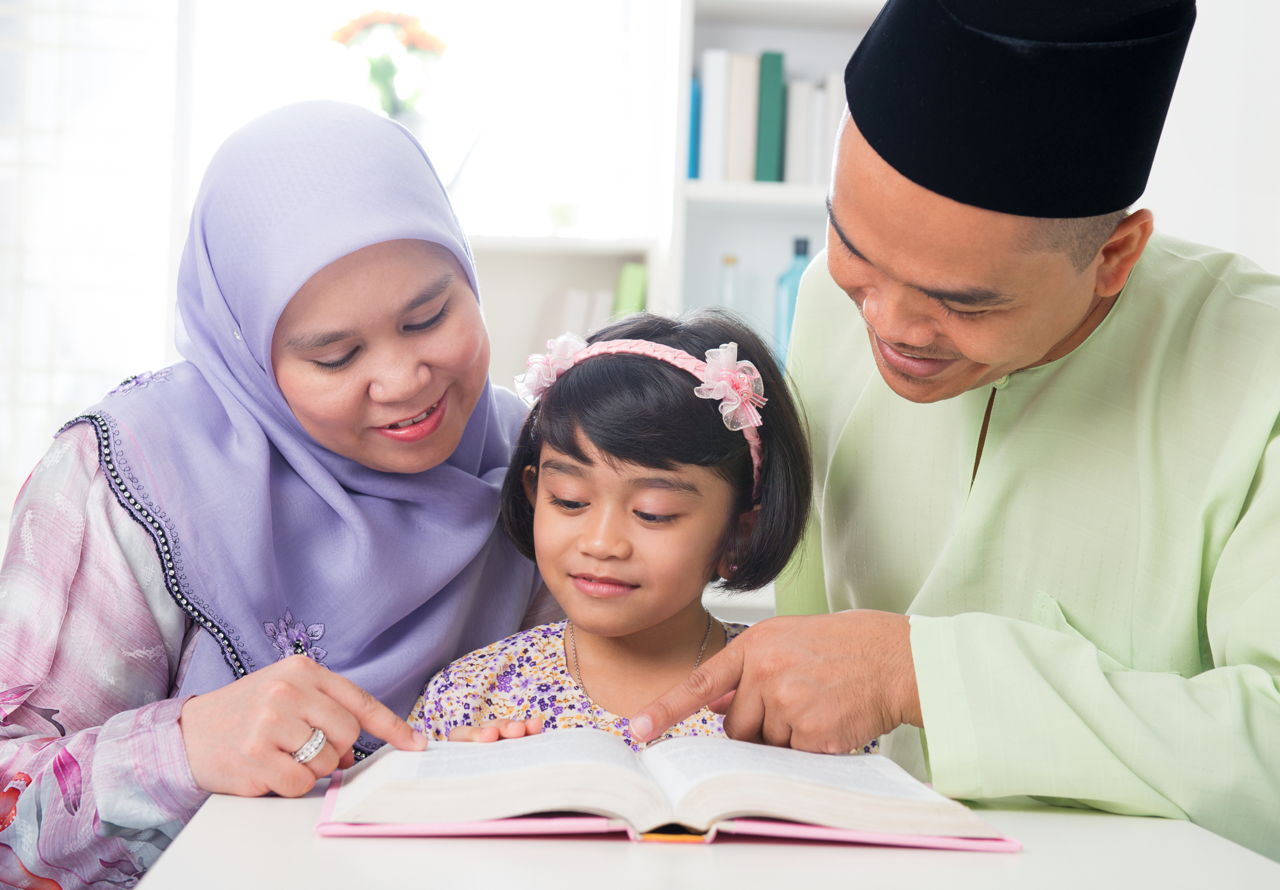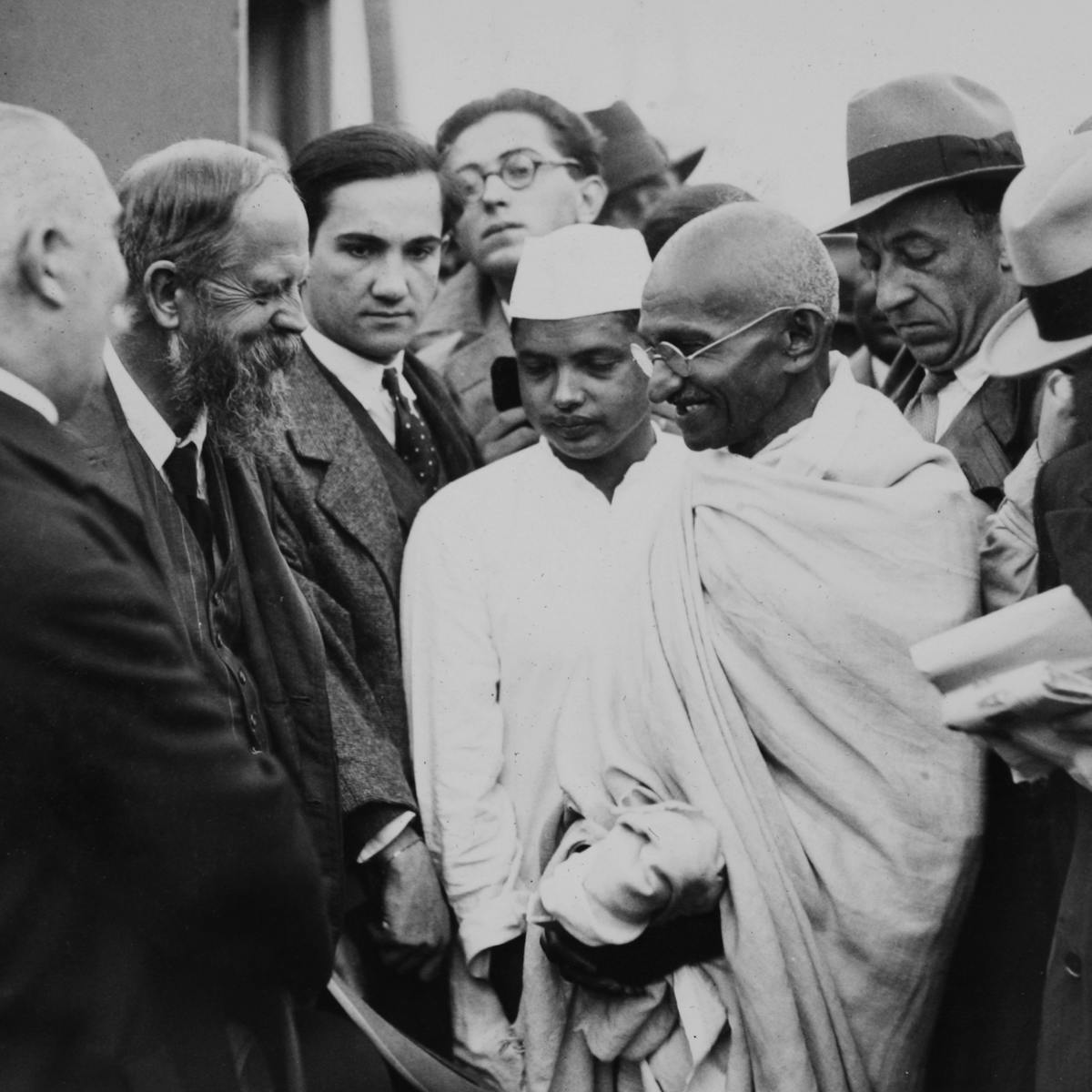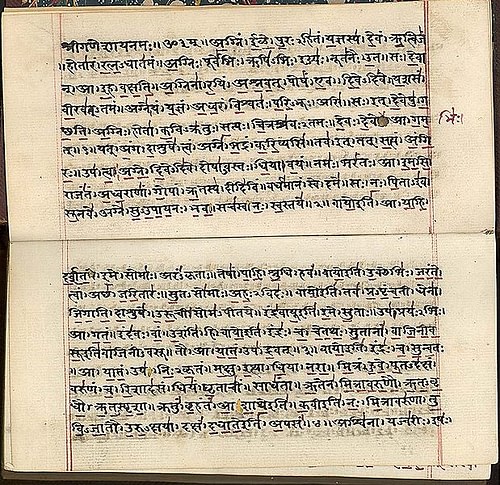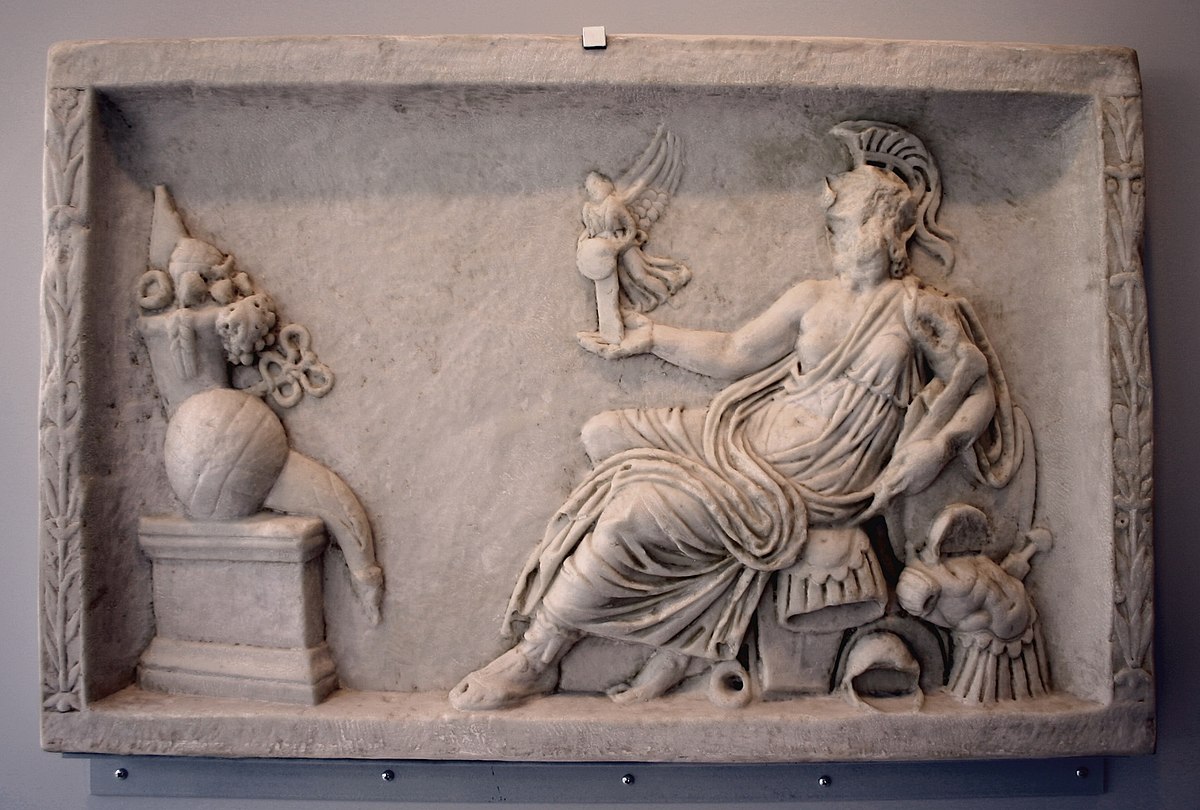India has always placed a strong emphasis on the value of the family. From ancient times, the family has played a central role in the cultural and social fabric of India.
In traditional Indian society, the family is considered the basic unit of social organization. It is seen as a source of support, security, and identity for its members. The family provides individuals with a sense of belonging, as well as a sense of responsibility towards one's kin.
The family is also an important source of social capital in India. It is through the family that individuals are connected to the larger community and have access to resources such as education, employment, and financial assistance. The family is also responsible for the socialization of children and the transmission of cultural values and traditions from one generation to the next.
The importance of the family in India is reflected in the country's social norms and values. For example, filial piety and respect for elders are highly valued in Indian culture. In many families, children are expected to care for their parents in their old age, and parents are expected to provide for their children's well-being and education.
In addition to the nuclear family, extended families are also common in India. In these extended families, grandparents, uncles, aunts, and cousins often live together in a joint family system. This system provides a sense of security and support for all members, as they are able to rely on one another for assistance and companionship.
In recent years, India has undergone significant economic and social changes, and these changes have had an impact on the traditional family structure. Urbanization, increased education levels, and changes in the job market have led to a shift towards smaller, nuclear families, as well as an increase in the number of single-parent and blended families. However, despite these changes, the importance of the family in India remains strong, and it continues to play a central role in the lives of most Indians.
In conclusion, the family has always been an important aspect of Indian culture and society. It is seen as a source of support, security, and identity, and is responsible for the socialization of children and the transmission of cultural values and traditions. While the traditional family structure in India may be changing, the importance of the family remains strong and enduring.









